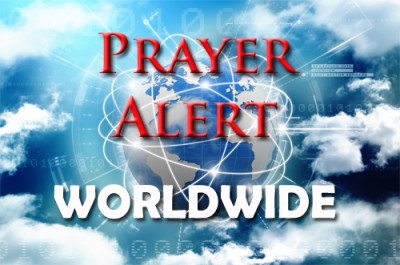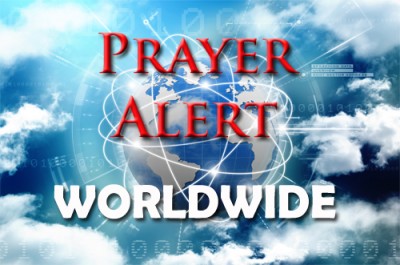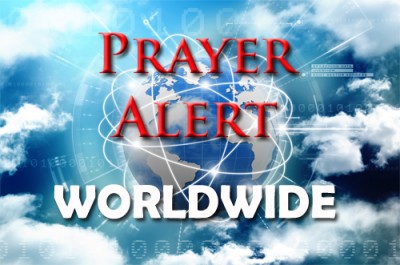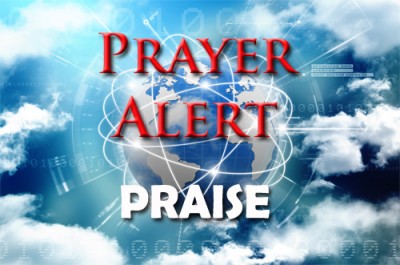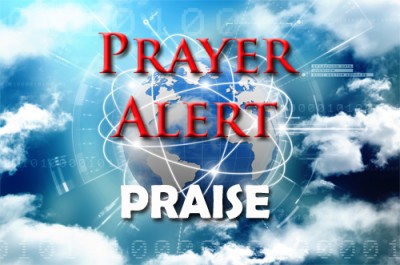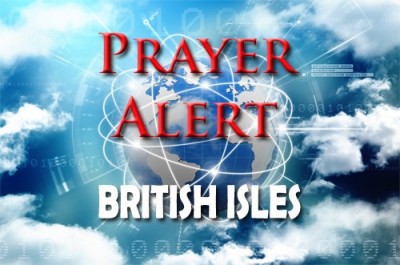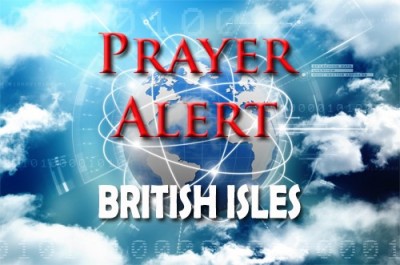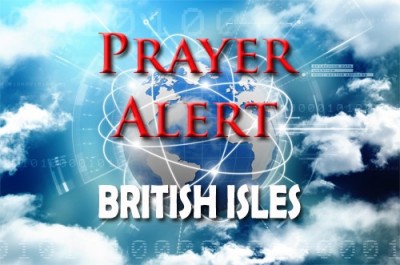Russian and US treaty breaches
07 Feb 2019In 1987 a treaty was agreed on by Mikhail Gorbachev and Ronald Reagan. Russian foreign minister Sergey Lavrov has said that the US has been violating the treaty since 1999 by testing unmanned aerial combat vehicles with the same characteristics as land-based cruise missiles banned by the treaty, and has used ballistic target missiles for testing missile defence systems. Meanwhile the US said that it would exit the landmark Cold War nuclear missile treaty because of purported violations by Russia. Washington says that a new Russian medium-range missile system breaches the treaty, although US officials also have an eye on China as the 1987 pact does not constrain the rising Asian power. Trump said the US was suspending its obligations under the INF treaty and starting a process to withdraw in six months’ time. See
Egypt: 'Sinai is our Vietnam'
07 Feb 2019Servicemen in the Sinai peninsula are ill-equipped and under-trained. Since the insurgency began, Egypt's propaganda narrative has portrayed its fighters as religious, disciplined, ‘born to kill’ fighting machines. Men aged 18 to 30 must serve in the military for eighteen months, followed by a nine-year obligation to serve if called for duty. IS militants are trained in guerrilla and desert warfare and house-to-house combat, and have military experience in Gaza, Syria, Afghanistan, Iraq and Libya. Egypt’s fighting forces are conscripts with 45 days in boot camp. Moataz, a medic now discharged from military duty, still has nightmares about his service and visits a psychiatrist. He said, ‘Body parts were everywhere in a scene that I will never forget. The rest of the bodies were firstly wounded and then executed by gunfire. Some bodies had more than 20 bullets in their heads. To us and many other conscripts, Sinai was our Vietnam.’
Brazil: UN calls for dam investigation
07 Feb 2019UN human rights experts have called for prompt, thorough and impartial investigations into the recent collapse of a dam in Brazil, the second such incident involving the same company in three years. Dozens have been killed and hundreds left missing in a disaster involving Vale Mining. The experts said, ‘The tragedy demands accountability, and calls into question preventative measures taken after the Samarco mining disaster just over three years ago, when a catastrophic flood of mining waste killed 19 people and affected the lives of millions, including indigenous communities. We urge Brazil’s government to act decisively on its commitment to do everything in its power to prevent more such tragedies and to bring to justice those responsible for this disaster.’ They also had concerns around deregulatory efforts on environmental and social protection in Brazil over the recent years.
Aasia Bibi allowed to leave Pakistan
01 Feb 2019Death row Christian Aasia Bibi will be allowed to leave Pakistan, after the country's top court upheld her acquittal on blasphemy charges. Ms Bibi, who spent eight years on death row, will now be free to join her daughters who fled to Canada and were granted asylum there. The 54-year-old was acquitted in October (eight years after she was convicted for allegedly insulting the Prophet Muhammad in a dispute with her neighbours); but she has remained under guard at a secret place since her acquittal. Prime Minister Imran Khan's government has attempted to quell anger over her exoneration by radical Islamists, who staged nationwide protests and almost brought the capital Islamabad to a standstill. More than 3,000 members of the radical Tehreek-i-Labbaik Pakistan (TLP) group were arrested on charges of terrorism after the protest, with its leader and high profile members still in prison.
Oyster cards for homeless
01 Feb 2019A London church, run by Steve Chalke, is launching an appeal to help the homeless by providing them with Oyster travel cards to offer them some respite from the cold as temperatures worsen. He said, ‘With the cold coming in, some of them will freeze to death. In fact, I know of one man who has frozen to death on the street near here since Christmas.’ The church are encouraging people to donate £20. The first £10 will go directly toward purchasing an Oyster card with adequate credit for rides on public transport and the second to help the longer-term response to homelessness. Chalke explained, ‘They can ride on the night bus, they can sit in the warm, they can get out of the bitter cold. We are also keeping endless cases out of our A&E departments in the already stretched and strained NHS system’. The cards allow people to travel widely on London's public transport.
Theresa May was handed a two-week deadline to resuscitate her Brexit deal last night and pledged to go back to Brussels to demand changes to the Irish backstop, with only 59 days to go until exit day. But within minutes of the Commons result, the European council president, Donald Tusk, announced that the EU was not prepared to reopen the deal. Steve Baker, the deputy chair of the backbench European Research Group, announced that its members could still reject any renegotiated deal she brought back. ‘A vote for the Brady amendment is a vote to see if the PM can land a deal that will work. If not then we are not committed,’ he said. Pray for the swirl of media comments around Brexit to be free from conjectures and distressing summaries.
UK churches threatened
01 Feb 2019In the past two months fifteen UK churches have been sent anonymous threatening letters telling them to stop services or be attacked. The letters were handwritten, threatening petrol bomb attacks and mass stabbings. ‘Stop all your services straight away’, said one letter sent to a Sheffield church. ‘If you don’t, your church will be petrol bombed while in service. Continue behind closed doors and your congregation members will be stabbed one by one. Blood on your hands. You have been warned.’ One of the handwritten letters, bearing a West Midlands postmark, demanded that they stop their services and threatened to bomb the church. Services are continuing, and police have been deployed to the churches affected. A local faith school decided to withdraw pupils from services after they received the threatening letter. A police investigation has been opened, and inquiries are ongoing. See also last week’s article on violence against clergy here
Our shameful discrimination against Christians
01 Feb 2019Foreign secretary Jeremy Hunt recently launched a government review on the global persecution of Christians. He stated, ‘The UK can and must do more for the many Christians facing persecution and discrimination worldwide, but first we must look to our own discrimination against Christians at home’. The Sunday Times says that the Government is ‘repeatedly failing to provide sanctuary in Britain for a fair proportion of Christians’, and warns that this policy ‘appears to discriminate in favour of Muslims and risks embarrassing the Government’. Barnabas Fund is also calling for an end to discrimination against persecuted Syrian Christians seeking a safe haven in the UK. MP Sir John Hayes called for people to stand up for religious freedom and warned, ‘The “golden era” of religious liberty may be coming to an end. Religious believers are facing increased pressure to restrict their faith to the private sphere’.
